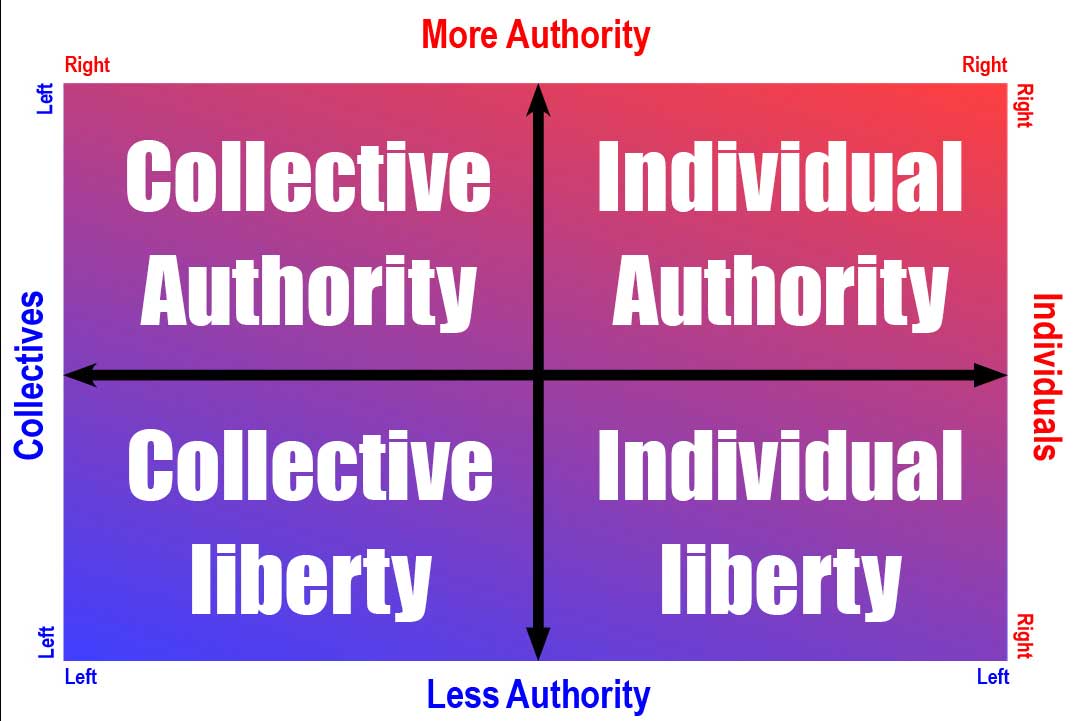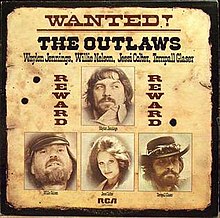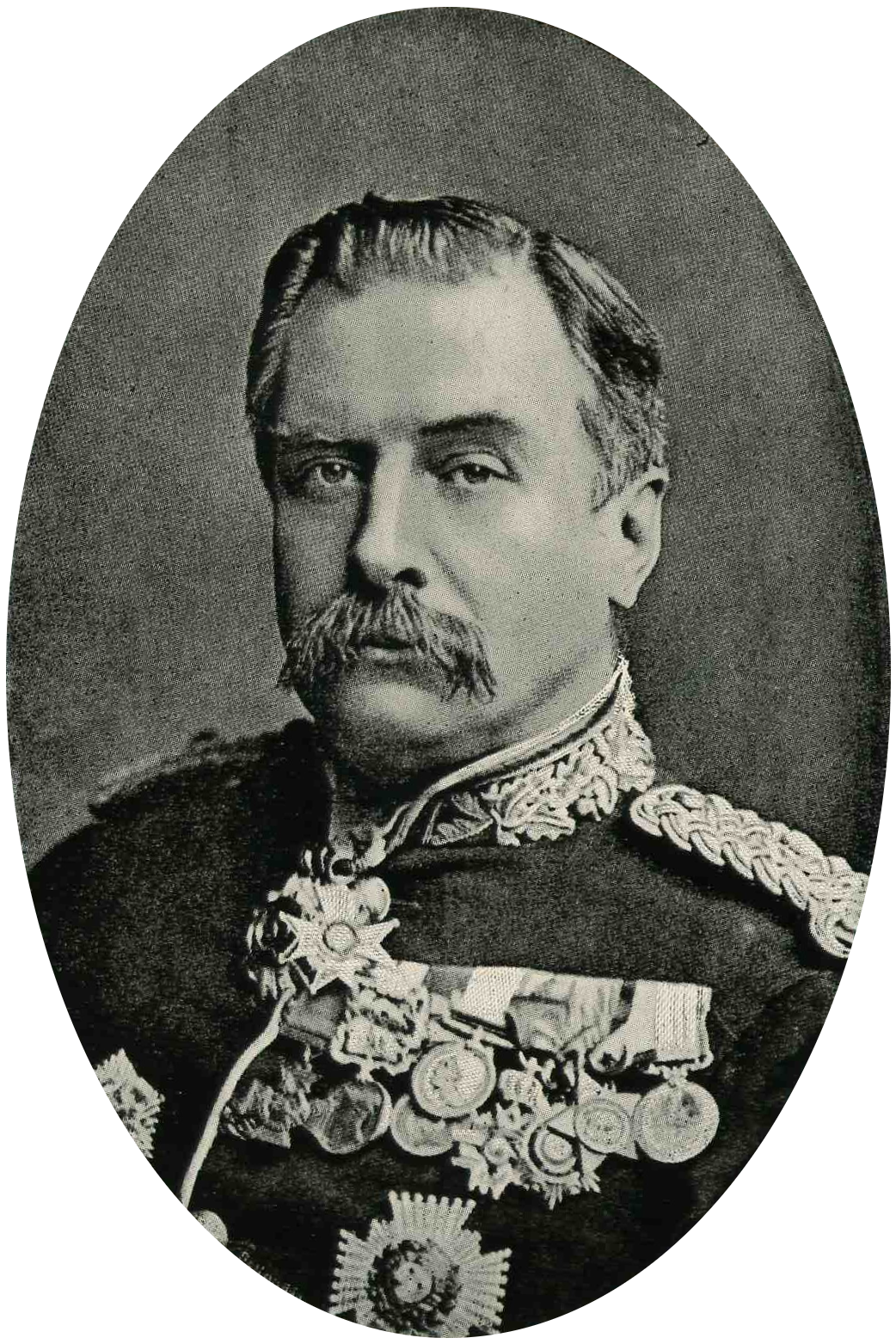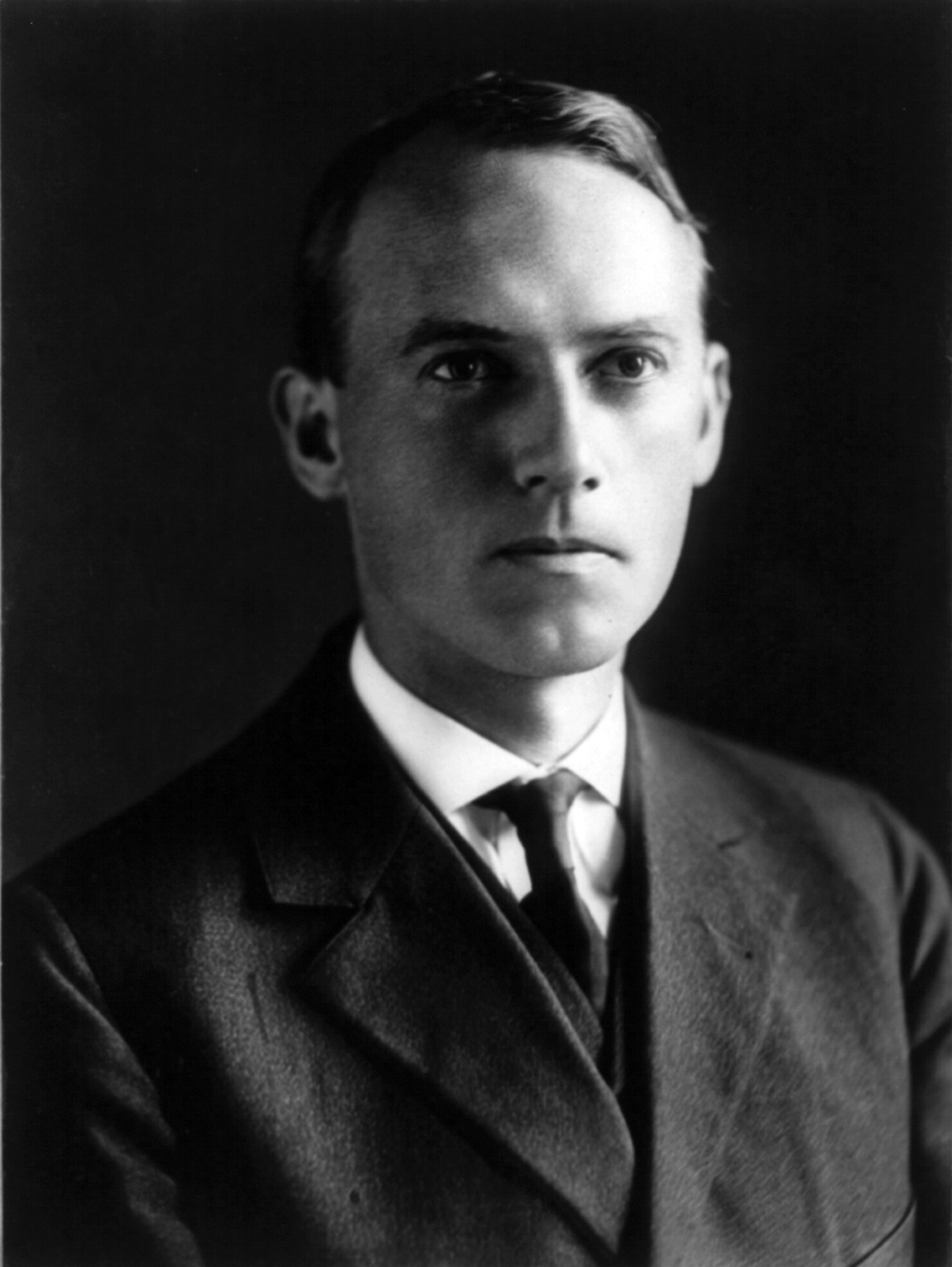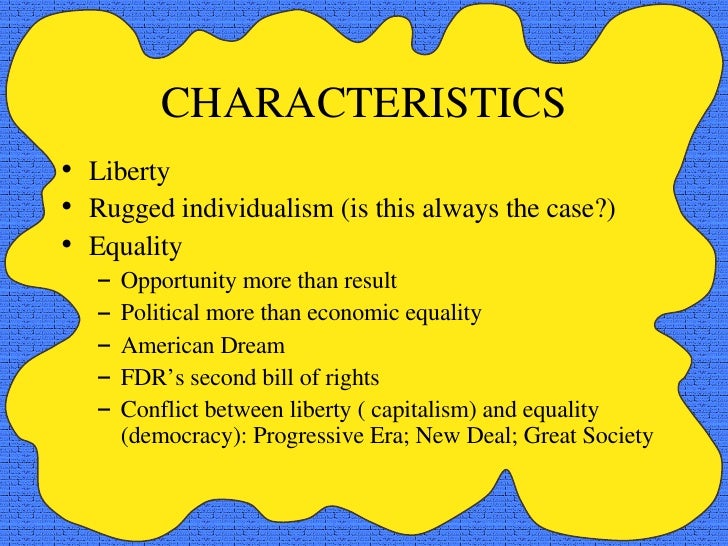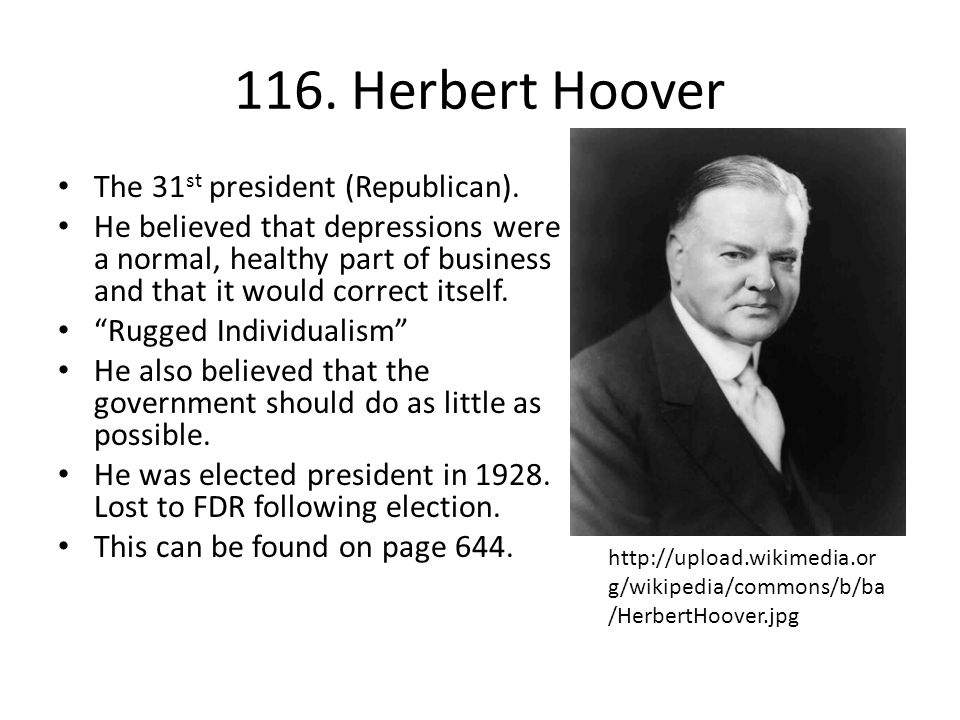Rugged individualism definition is the practice or advocacy of individualism in social and economic relations emphasizing personal liberty and independence self reliance resourcefulness self direction of the individual and free competition in enterprise.
Rugged individualism wikipedia.
Supposedly it was rugged individualism that pushed the frontier ever westward and made the continent safe for ruggedly individualistic entrepreneurs to build the most spectacular economy the world has ever seen.
The principle of rugged individualism is one of the foundational myths of american culture.
Individualism is the moral stance political philosophy ideology and social outlook that emphasizes the moral worth of the individual.
A young professor from the university wisconsin named frederick jackson turner read his social analysis entitled the significance of the frontier in american history.
Where there are new frontiers to conquer americans are more likely to launch out in a spirit of rugged individualism.
Rugged individualism a can do attitude hard work and striving towards success which sound good but are in fact devastating to women and pocs.
In general rugged individualism is closely tied to frontiers not just frontiers of the old west but economic social and political frontiers.
Rugged individualism refers back to a speech made by republican president herbert hoover in 1928 as his closing speech.
Socialism for the rich and capitalism for the poor is a classical political economic argument which states that in advanced capitalist societies state policies assure that more resources flow to the rich than to the poor for example in the form of transfer payments the term corporate welfare is widely used to describe the bestowal of favorable treatment to big business particular.
Rugged individualism derived from individualism is a term that indicates the ideal whereby an individual is totally self reliant and independent from outside usually state or government assistance.
Rugged individualism frontier culture in america was first presented as an important historical event at a meeting of the world congress of historians held in chicago in the summer of 1893.









